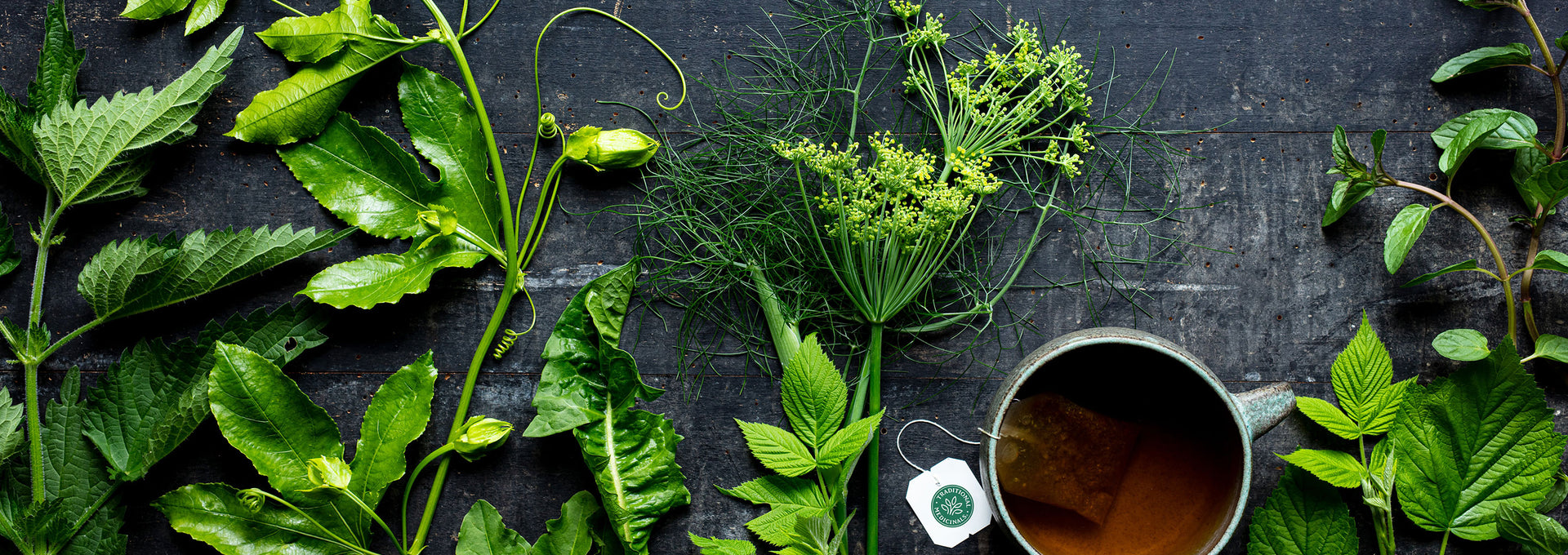Herbal medicine, known for its deep roots in human history and its holistic approach to healing, represents a bridge between the traditional knowledge of our ancestors and the scientific inquiry of the modern world. This comprehensive exploration of herbal medicine delves into its rich history, the principles underpinning its practice, the vast array of herbs used, its benefits, the challenges it faces in contemporary society, and how it is being integrated into modern healthcare systems.
Historical Foundations and Cultural Heritage
The practice of herbal medicine is as ancient as human civilization itself, with archaeological evidence indicating its use tens of thousands of years ago. Ancient texts and records from civilizations across the globe, such as the Ebers Papyrus of Egypt, the "Shennong Bencao Jing" of China, and the writings of Hippocrates in Greece, provide detailed accounts of medicinal plants and their applications. These documents not only highlight the widespread use of herbal remedies across different cultures but also underscore the significant role plants have played in the development of medical science.
Indigenous peoples around the world have also contributed immensely to the field of herbal medicine. Their extensive knowledge, passed down through generations, encompasses a profound understanding of local flora and its medicinal properties. This traditional wisdom, often intertwined with spiritual beliefs, emphasizes the connection between humans and the natural world, a concept that is gaining appreciation in the broader context of health and wellness today.
Guiding Principles of Herbal Therapy
The core principles of herbal medicine focus on a holistic approach to healing, recognizing the intricate balance between the physical, emotional, and spiritual well-being of an individual. Herbalists often employ a personalized strategy, considering the unique constitution and conditions of each patient, rather than adopting a one-size-fits-all approach. This personalized treatment reflects the belief in the body's inherent capacity to heal itself, with herbs acting as natural catalysts to support and enhance this process.
Diverse Herbal Pharmacopeia
The herbal pharmacopeia includes a wide range of plants, each with specific therapeutic properties. Among the numerous herbs utilized, some have gained prominence due to their well-documented health benefits:
- Ginkgo Biloba: Renowned for its ability to improve cognitive function and memory, particularly in the elderly.
- Valerian Root: Used for its sedative and anxiolytic effects, aiding in sleep disorders and anxiety relief.
- Milk Thistle: Known for its liver-protective qualities, it is often used in treating liver disorders.
- Chamomile: Widely recognized for its calming effects, helping to alleviate stress and promote relaxation.
These herbs, along with countless others, form the backbone of herbal medicine, offering natural solutions to a wide array of health concerns.
Benefits Amid Challenges
The appeal of herbal medicine lies in its natural origin, perceived lower risk of side effects, and holistic treatment approach. It offers a cost-effective alternative to conventional medicine, making it accessible to a broader segment of the global population. Moreover, the growing body of research supporting the efficacy of certain herbal remedies has further bolstered its adoption.
However, the field faces significant challenges, including regulatory inconsistencies, potential herb-drug interactions, and the variability in the quality of herbal products. The absence of standardization in dosage and preparation poses risks to consumers, highlighting the need for more rigorous oversight and quality control in the herbal supplement industry.
Integration into Modern Healthcare
The increasing interest in herbal medicine has spurred a movement towards integrative medicine, where traditional herbal therapies are combined with conventional medical treatments. This approach aims to provide a more comprehensive care model, emphasizing patient-centered treatment plans that incorporate the best practices from both worlds.
Educational programs for healthcare professionals now often include coursework on herbal medicine, ensuring practitioners are well-informed about potential herb-drug interactions and can guide patients safely. Moreover, regulatory bodies in many countries have begun to recognize the importance of ensuring the safety and efficacy of herbal products, leading to stricter standards and quality controls.
Looking Forward: The Future of Herbal Medicine
As we move forward, the future of herbal medicine looks promising, with ongoing research and technological advancements opening new avenues for understanding and leveraging the therapeutic potential of plants. Genomic studies and advanced extraction techniques are enhancing our ability to isolate and study active compounds in herbs, paving the way for more effective and targeted treatments.
The continued integration of herbal medicine into healthcare systems worldwide underscores a growing recognition of the value of holistic and personalized approaches to health and wellness. By embracing the wisdom of traditional herbal practices and applying rigorous scientific methods to validate and refine these treatments, we stand on the cusp of a new era in medicine—one that harmoniously blends the ancient with the modern, offering renewed hope and healing possibilities to humanity.
In conclusion, herbal medicine embodies a time-honored tradition with the potential to enrich modern healthcare practices significantly. Its holistic approach, diverse applications, and growing acceptance in the medical community highlight its enduring relevance and potential to contribute positively to global health outcomes. As we continue to explore and understand the complexities of plant-based therapies, the integration of herbal medicine promises to expand the horizons of healing and preventive care, forging a more inclusive and comprehensive approach to health and wellness.
Embracing Tradition and Science
The journey of herbal medicine from ancient remedies to a scientifically recognized field underscores the importance of blending traditional knowledge with modern scientific research. As researchers delve deeper into the biochemical mechanisms of herbal extracts, there is a growing appreciation for the wisdom embedded in traditional practices. This synergy between tradition and science not only validates the use of certain herbs but also enhances their application by identifying active compounds, optimal dosages, and potential therapeutic combinations.
Sustainable and Ethical Considerations
With the rising popularity of herbal medicine comes the responsibility of ensuring sustainable and ethical practices in the sourcing and cultivation of medicinal plants. Overharvesting and habitat destruction pose significant threats to the biodiversity upon which herbal medicine depends. Ethical practices, including fair trade and the promotion of sustainable farming methods, are crucial to preserving this invaluable natural resource for future generations.
Organizations and regulatory bodies are increasingly focusing on sustainable practices, certifying products that meet specific standards for ethical sourcing and environmental stewardship. Consumers, too, play a vital role by choosing products that support sustainable and ethical practices, thereby contributing to the conservation of plant species and the well-being of communities involved in their cultivation.
Educational and Regulatory Advances
The integration of herbal medicine into the healthcare system is bolstered by advances in education and regulation. Medical schools and institutions now offer courses and training in herbal medicine, equipping healthcare professionals with the knowledge needed to navigate the complexities of plant-based therapies. This education is vital for fostering an environment of understanding and cooperation between practitioners of conventional medicine and herbal medicine.
Regulatory advances have also played a critical role in ensuring the safety and efficacy of herbal products. Agencies such as the U.S. Food and Drug Administration (FDA) and the European Medicines Agency (EMA) have established guidelines for the production, labeling, and marketing of herbal supplements. These regulations are essential for protecting consumers from misleading claims and contaminated products, ensuring that herbal remedies meet the same quality standards as conventional medicines.
The Future is Integrative
The future of herbal medicine lies in its successful integration into the broader healthcare landscape. As patients increasingly seek holistic and personalized care options, healthcare providers are recognizing the value of incorporating herbal medicine into treatment plans. This integrative approach not only expands the arsenal of therapeutic options but also respects patient preferences and cultural practices.
Moreover, the ongoing collaboration between herbalists, researchers, and medical professionals is fostering an environment of innovation and discovery. By combining the rich knowledge base of herbal medicine with cutting-edge scientific research, new therapeutic applications and improved formulations are being developed, offering hope for treatments that are both effective and gentle on the body.






0 Comments